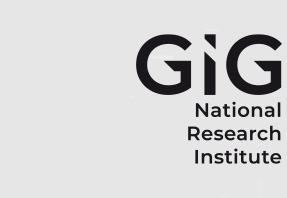Living with conflicts in Ghana's Prestea mining area: Is community engagement the answer?
Author ORCID Identifier
Obed Adonteng-Kissi 0000-0002-9324-7138
Barbara Adonteng-Kissi 0000-0001-6968-4373
Abstract
Large scale mines acknowledge that their continuous existence in indigenous communities is threatened without the cooperation and support of local people. In recent times, large-scale mines have attempted to secure Social License to Operate (SLO) and ensure sustainable development (SD) by reconciling business interests with local needs and aspirations. Accomplishing local cooperation and support without threatening business interest remains a top priority for the large-scale mines. Community engagement forms part of the broader Corporate Social Responsibility (CSR) policy initiatives which are often promoted as a way of enhancing sustainable development. This paper examines the local perceptions of the design and application of Golden Star Resources' (GSR) community engagement program. This paper contends that this community engagement model has a positive impact on conflict management regardless of age, sex, education, marital status and occupation of participants. However, presently the model remains symbolic and has not yet attain the status of a real functional strategy since many of local grievances that result in clashes are unresolved. Furthermore, it is believed that GSR's community engagement program is not adequately developed, systematic or moulded to achieve the exact or intended community relation. This paper further contends that the dominant sources and causes of conflict in Prestea is land use conflicts and environmental impact issues.
Recommended Citation
Adonteng-Kissi, Obed and Adonteng-Kissi, Barbara
(2017)
"Living with conflicts in Ghana's Prestea mining area: Is community engagement the answer?,"
Journal of Sustainable Mining: Vol. 16
:
Iss.
4
, Article 9.
Available at: https://doi.org/10.46873/2300-3960.1178
Creative Commons License

This work is licensed under a Creative Commons Attribution-Noncommercial-No Derivative Works 4.0 License.

